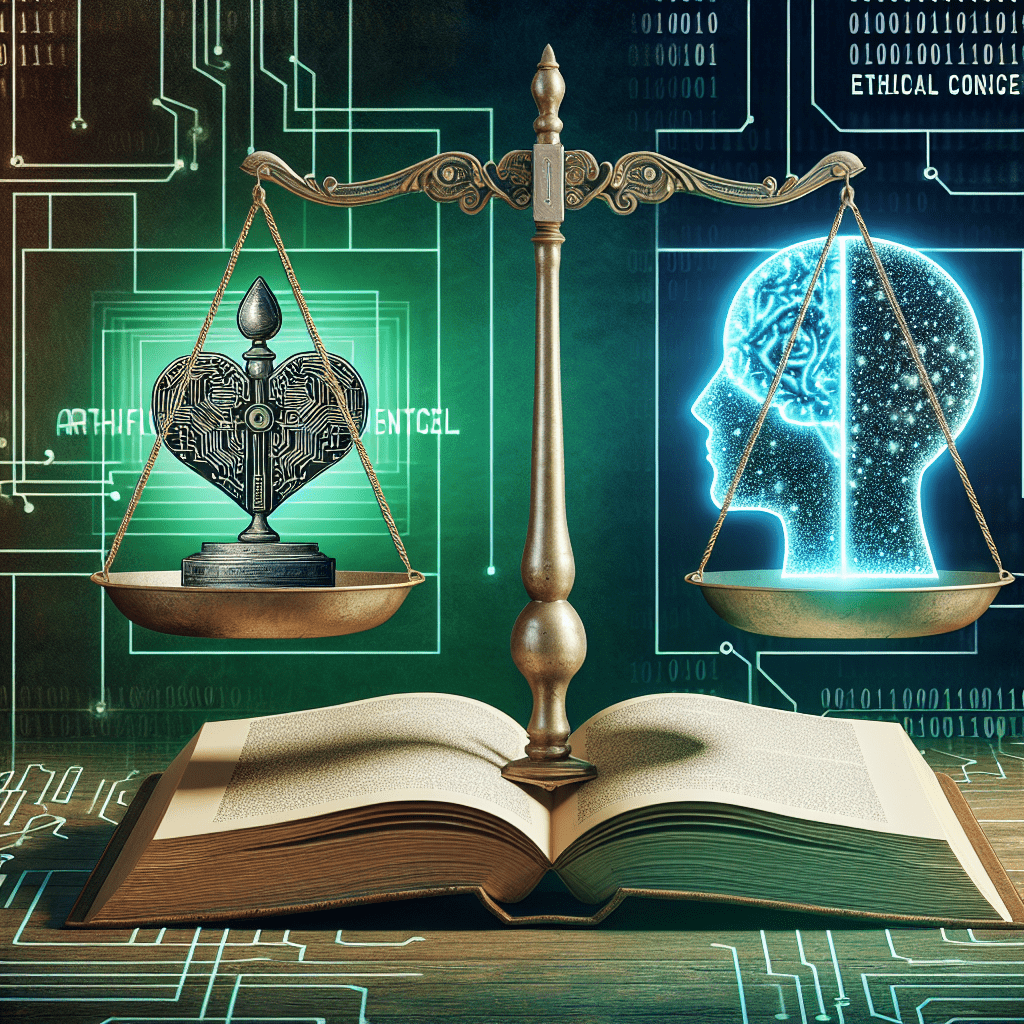Artificial intelligence (AI) is transforming the way we live and work, offering unprecedented opportunities for innovation and efficiency. However, as AI becomes more integrated into our daily lives, concerns about ethics and accountability have come to the forefront. Ensuring that AI systems are developed and deployed ethically is crucial to building trust with users and stakeholders.
Why Ethics in AI Matter
When AI is used to make decisions that impact individuals and society, it is crucial that those decisions are made ethically and transparently. In healthcare, for example, AI systems can help diagnose diseases and recommend treatment plans. But if these systems are not developed with ethical considerations in mind, they could lead to biased or discriminatory outcomes.
Similarly, in law enforcement, AI-powered facial recognition systems raise concerns about privacy and surveillance. Without clear guidelines and oversight, these systems could infringe on civil liberties and lead to wrongful arrests.
Accountability in AI
Ensuring accountability in AI involves establishing clear lines of responsibility and oversight throughout the development and deployment of AI systems. Developers and engineers must consider the ethical implications of their work, conduct thorough testing to uncover biases, and be transparent about how their systems make decisions.
Furthermore, organizations that deploy AI systems must have mechanisms in place to monitor and evaluate their performance, address any issues that arise, and communicate with stakeholders about the risks and benefits of AI technologies.
Building Trust with Users
Transparency is key to building trust with users and ensuring accountability in AI. Organizations that use AI technologies should be open about how their systems work, what data they collect, and how decisions are made. This transparency helps users understand the risks and benefits of AI and hold organizations accountable for their actions.
Moreover, organizations should have clear policies in place for handling data securely and responsibly, protecting users’ privacy, and addressing any concerns that arise. By demonstrating a commitment to ethical practices and accountability, organizations can earn the trust of users and stakeholders.
Conclusion
Ensuring accountability in AI is essential to building trust with users, protecting individual rights, and fostering innovation responsibly. By considering the ethical implications of AI systems, establishing clear lines of responsibility, and being transparent about how decisions are made, organizations can address concerns about bias, discrimination, and privacy in AI technologies.
FAQs
What are the ethical concerns in AI?
Ethical concerns in AI include bias, discrimination, privacy, and transparency. AI systems can inadvertently reflect and perpetuate biases present in their training data, leading to discriminatory outcomes. Privacy concerns arise from the collection and use of personal data, while transparency is necessary to understand how AI systems make decisions.
How can organizations ensure accountability in AI?
Organizations can ensure accountability in AI by establishing clear lines of responsibility, conducting thorough testing to uncover biases, being transparent about how decisions are made, monitoring performance, addressing issues that arise, and communicating with stakeholders about risks and benefits.
Why is transparency important in AI?
Transparency is important in AI because it helps build trust with users, enables individuals to understand the risks and benefits of AI technologies, and holds organizations accountable for their actions. By being transparent about how their systems work, what data they collect, and how decisions are made, organizations can address concerns about bias, discrimination, and privacy.
Quotes
“Ethical AI is not an option; it is a necessity for building a better future for all.” – Anonymous


